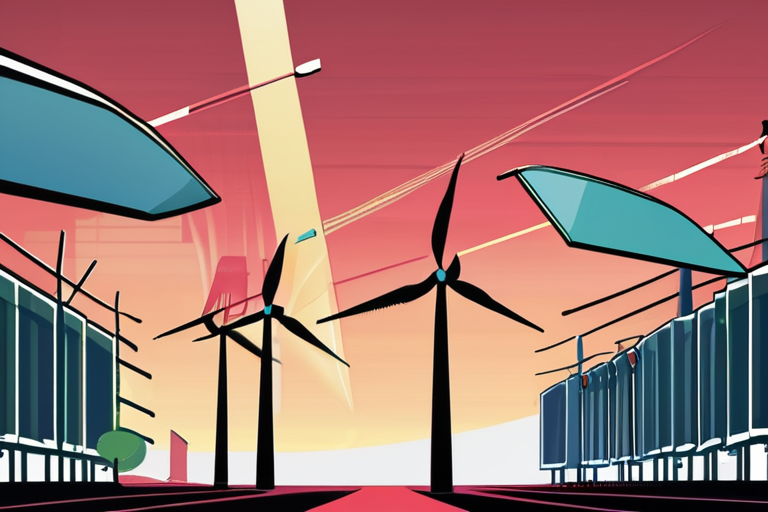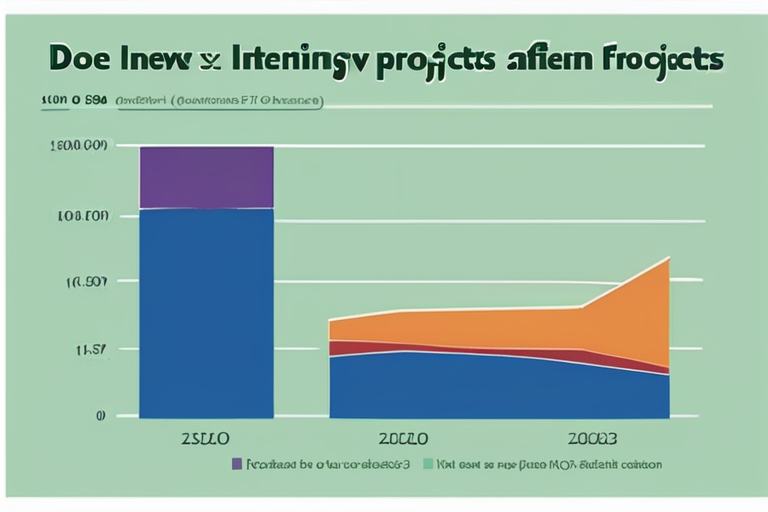Trump Administration's $8 Billion Energy Department Cuts Exposed by Leaked Docs


Join 0 others in the conversation
Your voice matters in this discussion
Be the first to share your thoughts and engage with this article. Your perspective matters!
Discover articles from our community

 Hoppi
Hoppi

 Hoppi
Hoppi

 Hoppi
Hoppi

 Hoppi
Hoppi

 Hoppi
Hoppi

 Hoppi
Hoppi

Pressure on Democrats Grows to End Shutdown as Gaza City Receives Evacuation Orders The pressure on Democrats to end the …

Hoppi

Trump Administration Seeks to Revive Fossil Fuels Amid Government Shutdown In a move that has sparked widespread criticism from environmentalists …

Hoppi

Trump's Energy Secretary Announces Plan to Claw Back Billions from Clean Energy Projects In a move that has sparked widespread …

Hoppi

BREAKING NEWS: Energy Department Slashes Billions in Funding Amid Retribution Claims from Democrats The US Department of Energy has canceled …

Hoppi

Trump Administration Eyes "Wholesale Destruction" of Environmental Science Programs In a move that has sparked concern among scientists and lawmakers, …

Hoppi

Department of Energy Cancels $7.5B in Clean Energy Projects The Department of Energy (DOE) announced on Wednesday night that it …

Hoppi